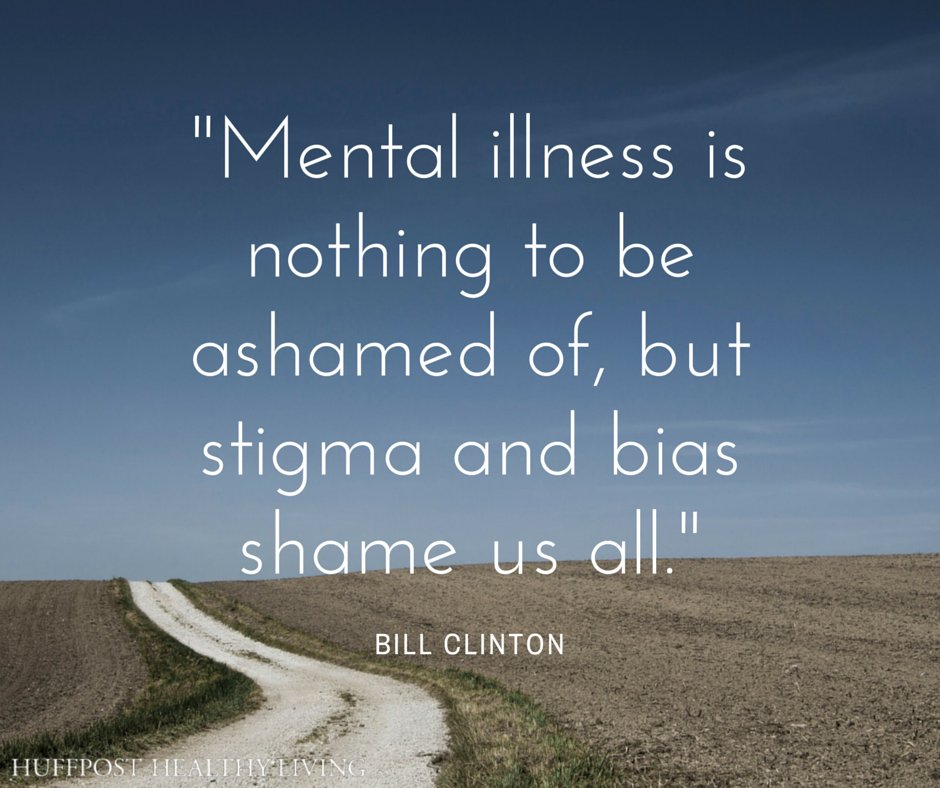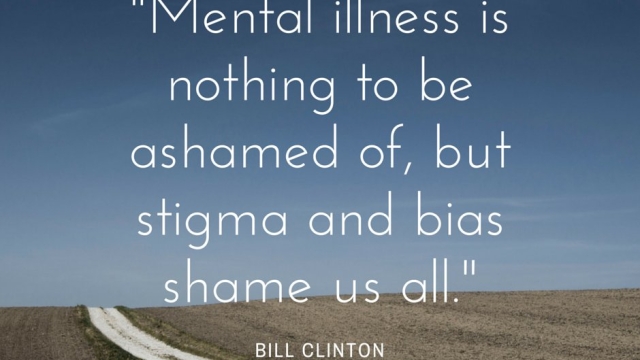
In today’s fast-paced world, our mental health is more important than ever before. It’s essential that we take the time to understand and appreciate the spectrum of experiences that encompass mental health. From moments of strength and resilience to times of vulnerability and challenges, our mental well-being is a dynamic and evolving aspect of our lives. By embracing every shade of this spectrum, we can cultivate a deeper understanding of ourselves and those around us, fostering a more supportive and empathetic community.
The Importance of Mental Health Awareness
Mental health is a vital aspect of overall well-being that impacts every individual’s quality of life. It encompasses our emotional, psychological, and social well-being, influencing how we think, feel, and act. By raising awareness about mental health, we can reduce stigma and normalize conversations surrounding mental health struggles.
Increasing awareness about mental health can lead to early identification of symptoms and effective interventions. It enables individuals to recognize when they may need help and encourages seeking support without fear of judgment. Awareness campaigns play a crucial role in educating the public about mental health conditions, symptoms, and available resources for support and treatment.
Furthermore, promoting mental health awareness fosters a supportive and understanding community where individuals feel comfortable discussing their mental health challenges. It helps create an environment where open communication regarding mental health is welcomed, leading to decreased feelings of isolation and increased access to mental health services.
Common Misconceptions About Mental Health
One common misconception about mental health is that it only pertains to serious mental illnesses. People often overlook the fact that mental health encompasses a wide spectrum ranging from everyday emotional well-being to diagnosable disorders.
Another prevalent misconception is the belief that seeking help for mental health concerns signifies weakness. In reality, it takes courage and strength to address and confront mental health issues, and asking for support is a proactive step towards healing and growth.
Lastly, there is a misconception that mental health problems are solely caused by personal weakness or character flaws. In truth, mental health conditions are complex and can be influenced by a multitude of factors including genetics, environmental stressors, and life experiences. Understanding this can help reduce stigma and promote empathy towards those facing mental health challenges.
Ways to Support Mental Health
Engaging in regular physical activity, such as going for a walk, practicing yoga, or participating in sports, can positively impact mental health by reducing stress and promoting a sense of well-being. Setting aside time for activities that bring joy and relaxation, like listening to music, reading a book, or spending time in nature, can help alleviate symptoms of anxiety and depression. Additionally, maintaining a balanced diet rich in fruits, vegetables, whole grains, and lean proteins can provide the essential nutrients needed for optimal brain function.
Building a strong support system of friends, family, or mental health professionals can offer valuable emotional support and practical assistance during challenging times. Open and honest communication with loved ones about thoughts and feelings can foster a sense of connection and understanding, leading to improved mental well-being. Seeking professional help from therapists, counselors, or psychiatrists can provide guidance and effective treatment for a wide range of mental health conditions, offering a safe space to explore emotions and develop coping strategies.
Practice mindfulness and stress-reduction techniques, such as meditation, deep breathing exercises, or progressive muscle relaxation, to manage daily stressors and promote a calm and focused mindset. Taking breaks from technology and social media, setting boundaries with work and personal obligations, and prioritizing self-care activities can help reduce feelings of overwhelm and prevent burnout. Remember to be kind and patient with yourself as you navigate challenges and seek support when needed.









